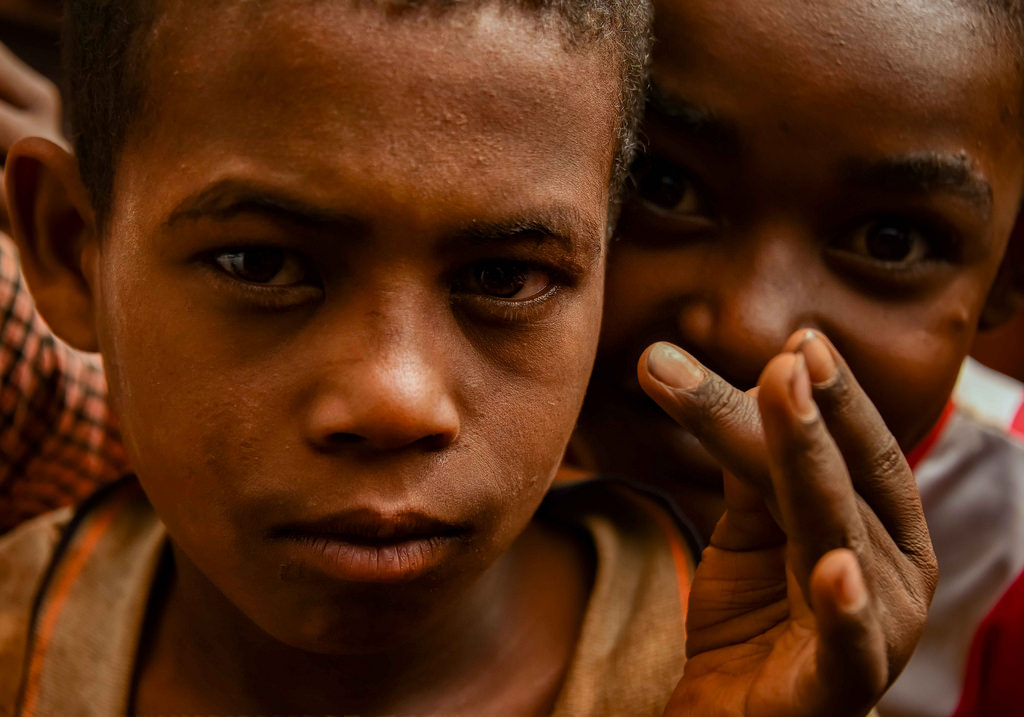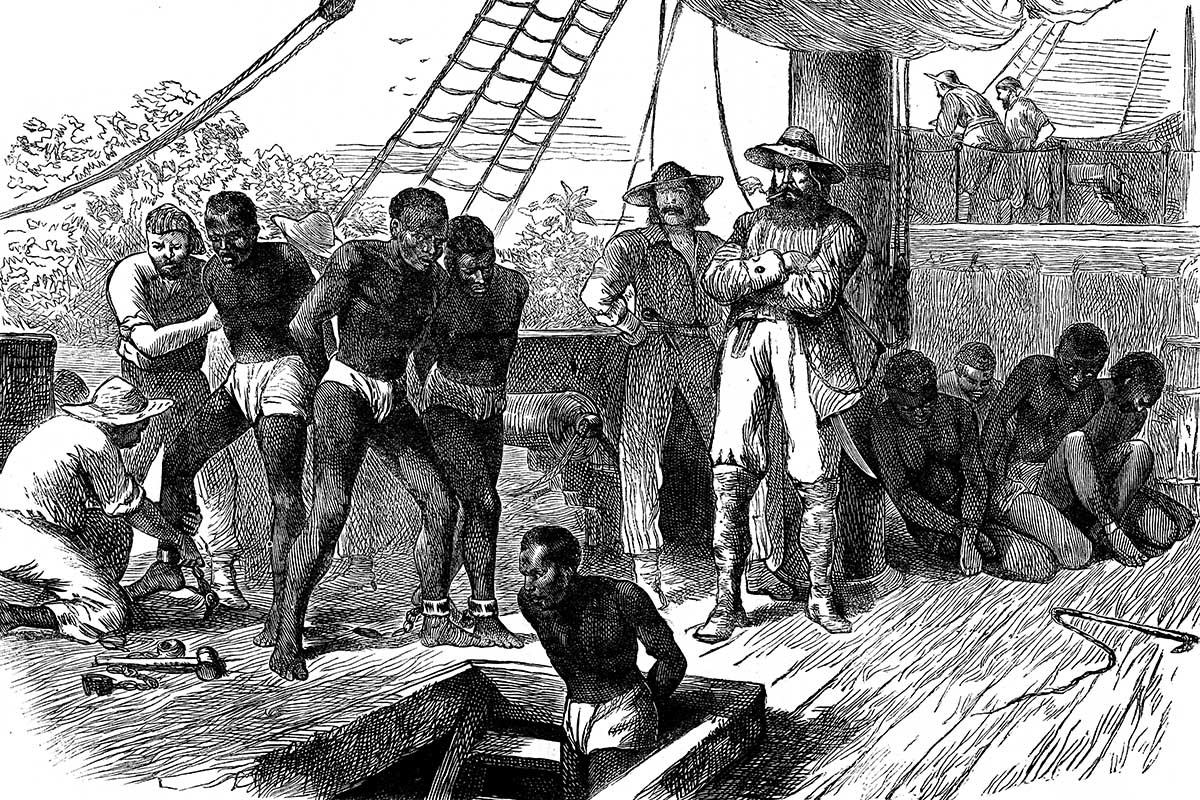“Child beggars and the Almajiris”
March 2nd, 2018Child begging has almost become a culture thing in Northern Nigeria and is a normal feature in other states, writes Musa Temidayo, 26, a Commonwealth Correspondent from Nigeria, who recently had a first-hand look at the lives of the children involved.
Children between the ages of three to 15 roam the streets of Nigeria, sometimes in groups, begging for money and food. The name they are called depends on the ethnicity of the children.
Those from Western and Eastern Nigeria are simply referred to as child beggars while those from Northern Nigeria, Chad, Cameroon, Mali and Niger are erroneously referred to as “Almajiris”.
This article is a personal account of my travel within the Northern region and talks about this particular group.
An Almajiri, conventionally, is expected to be educationally oriented in the basics of Islam in his early childhood to prepare him for a chaste Muslim adulthood. But the common practice in Northern Nigeria today has deviated from this norm, giving way to a mass of bowl-carrying children roaming the streets in search of one thing or the other.
Almajiri, as the children are erroneously referred to, originates from the Arabic word Al-Mahaajirun, which literally means a learned scholar – irrespective of gender – who searches for knowledge at home or in transit, displays high moral behaviour and propagates the peaceful message of Islam. However, in Nigeria we use the term to describe children who live on the alms they get from the streets. Ironically, a general characteristic of these children is that they have no form of education.
In Western Nigeria, because of increasing urbanisation, most of these almajiris are confined to areas that have the Hausa people in large numbers. In the large market places you can’t miss the children, as they will cling themselves to people who come to buy supplies at the market. They will walk with whoever they chose to beg from for a very long distance until they get something from the person, or are convinced that the person will not give anything.
My experience with the children at Azare, Bauchi state was quite emotional and troubling. The children are very unkempt in their multitudes. Looking at their feet, you could tell that they have walked many miles. Immediately our bus parked to refuel, they came in their numbers with bowls fastened to their clothes. They are ready to beg for anything. To them, begging is their way of life and they are not ashamed about it. I could only observe as I cannot speak the Hausa language, but I got a fellow who did good work with translation. Seeing their faces with flies perching made me lose the appetite to eat.
In another bus waiting to refuel, a man gave bread to the phalanx of children begging him, and after they got the bread the other children nearby also joined in the struggle to get a grab of whatever their hands could get on. After the fight ended, a lone boy came to the spot to start picking crumbs that fell off. I could tell he was very hungry so I took some steps closer and handed him the bread I just bought, while isolating him from the others. The driver called my attention that it was time to go, but the little boy gave a gesture to appreciate.
We took a detour at Katsina state where we camped for some weeks before finally heading to Maiduguri, Borno State. The almajiri that we saw here are quite different from the others we had met. Here, they are ready to be your maid for the whole day if you can guarantee them food and a token to go with. They will offer to carry your heavy bags, help you with domestic work and anything you are ready to tell them to do. The older ones among them sells sachet water out of the little they got from begging, while some just go about scavenging for metals, iron or anything of importance to be resold to recyclers. They will knot a rope round a magnet and drag it through the large field. The older girls are not left out; they walk round in search for food not only for themselves but also for their mothers sitting under a shed somewhere.
The negligence of the government on the issue of the almajiris has been described by many scholars as a time bomb. Many researchers have linked these children as easy recruits for the Boko Haram sect. In research by Zakari Yau, he discovered that almajiri, from mere street beggars do transform to street gangs known as Yandabas in Kano. Another predisposing factor to the growing number of almajiris in the North is the people’a resentment towards family planning and child spacing.
So far, previous governments’ approach toward these children has failed due to lack of commitment from the stakeholders in Almajiri education. Despite many billions of Naira allocated, personally, I believe that for a major intervention to work it should go beyond taking the children off the streets.
photo credit: Rod Waddington Market Boys via photopin (license)
………………………………………………………………………………………………………………
About me: I am an education and research enthusiast and essayist who studied International Relations at Obafemi Awolowo University.
Once upon a time, I was the Editor-in-Chief for DIPLOMAG.
I am an Ambassador for A world At School (UK), Director of Advocacy for Organization of African Youth for Development & Peace and also belongs to several bodies with a great passion for education advocacy, human rights and youth development.
I am also the fictional leader of #Taylor-swift’s fan in Nigeria.
You can reach me on email: musatemidayo@yahoo.com
…………………………………………………………………………………………………………………
Opinions expressed in this article are those of the author and do not necessarily represent the views of the Commonwealth Youth Programme. Articles are published in a spirit of dialogue, respect and understanding. If you disagree, why not submit a response?
To learn more about becoming a Commonwealth Correspondent please visit: http://www.yourcommonwealth.org/submit-articles/
…………………………………………………………………………………………………………………





